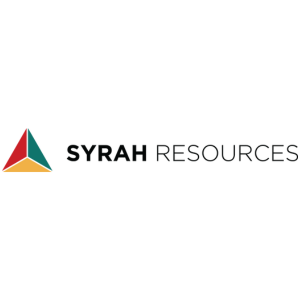Mining legislation for a continent as complex as Africa is often in flux
Governments across Africa have been busy revising or updating their mining codes, tax laws and charters with interesting changes. As a mining professional interested in the continents mineral resources, a cursory look at some of the alterations will be highly beneficial to you.
Below are five legislative changes to be aware of when reviewing your options in Africa’s mineral extraction sector.
Africa mining legislation: 5 changes you need to see
Democratic Republic of Congo
As we discussed in African mining in 2020, the risk of resource nationalism in the Democratic Republic of Congo (DRC) continues to grow.
Much of this fear comes from the recently implemented revisions to the DRC Mining Code. The updated code entered force in March 2018, with further regulations adopted in June of the same year.
So, what are the changes? Firstly, there has been a significant increase in the tax burden for potential investors. Mandatory free state participation inequity has also increased from 5 to 10%, and at least 10% mandatory participation for DRC individuals in newly constituted mining companies has been implemented too.
These provisions have caused a bit of an international stir since their introduction. In particular, they have also resulted in a reduction of the scope and duration of the 10-year stability guarantee granted to mining titleholders in the DRC’s 2002 Mining Code.
Tanzania
The election of President John Magufuli in 2015 has resulted in a swathe of new mining laws in Tanzania – laws which significantly tighten the government’s grip on mineral extraction operations throughout the country.
Many are focused on getting miners to renegotiate existing joint ventures.
Foreign investors are feeling the most impact from the Natural Wealth and Resources Contracts (Review and Renegotiation of Unconscionable Terms) Act 2017. Under the Acts’ terms, the Tanzanian government can renegotiate any investor-state JVs that Parliament deems “unconscionable”. If this is the case, and if investors refuse to negotiate new terms within a specified time frame, then previous agreements will be overwritten.
Further law changes under the Natural Wealth and Resources (Permanent Sovereignty) and Written Laws (Miscellaneous Amendments) Acts are poised to have a big impact. Now, the government is looking at holding a 16% interest in all mining projects, with a view of holding 50% equity in all miners operating in Tanzania.
A ban on mineral exports is also causing consternation for international investors.
Mali
Mali has planned a series of sweeping changes aimed at redressing perceived shortcomings in its 2012 mining laws.
As such, mining firms working in Africa’s third-largest gold producer will no longer be exempt from VAT during production. They will also have a short period of protection from fiscal charges the Mining Ministry announced in August 2019.
The original stability period, i.e. the time when miners’ investors are protected from fiscal and customs changes, was 30 years. While no actual period has been specified so far, it's believed the protections will be reduced to a mine's lifespan.
Currently, the Malian government is holding consultations with international mining companies working to draft its new mining code. Miners running mines in Mali include AngloGold Ashanti, Hummingbird Resources and B2Gold. However, if negotiations prove less than fruitful than the government has said, it will implement new unilaterally laws anyway.
South Africa
It is no secret that mining is not a particularly green industry. Numerous nations throughout Africa are therefore looking at ways to lessen the sector’s environmental impact. South Africa is one of these.
Its Carbon Tax entered law in May 2019, although it won’t fully come into force until 2022. Miners will be taxed R137 ($9.35) per ton of CO2.
Minerals Council South Africa has surveyed its members on this issue. The response has been less than enthusiastic.
In its annual “Facts and Figures” report, the Council said: “Across 18 mining companies that responded, the carbon tax is estimated to cost as much as R517m ($35.2m) in Phase-1.
“In the absence of tax offsets allowed in Phase-1, the carbon tax liability for these 18 companies is estimated to increase to R5.5bn ($375bn) for each year of Phase-2. This represents a 972% increase in tax liability.”
Phase-1 comes into play between June 1st to December 2022. The second phase will follow soon after. South Africa’s Treasury has said it will review the impact of Phase-2 midway through 2023, which has left commentators questioning if a 6-month period is enough to measure its effectiveness.
This has led to uncertainty and unease in South African mining, as firms may not be able to pass on this tax burden to the consumer.
Zambia
Royalties and tax are proving to be problematic, cross-continental issues. Nowhere is this being more keenly felt than Zambia.
Since 2015, when it adopted the Mines and Minerals Development Act No.11, royalty rates and tax issues have been affecting companies. Royalties on underground mining rose from 6 to 8%, open-pit royalties grew from 6 to 20%, and a 30% income tax on tolling and processing has been introduced.
In 2019, a further 1.5% royalty rate rise has come. This is the 10th such tax rise Zambian miners have faced in 16 years.
Zambia is Africa’s second-largest copper producer, and it is reliant on mineral production and exports for economic prosperity. With this range of measures, Zambian ministers are hoping to tackle the country’s budget deficit – but it may backfire and turn away further investors.
Join the conversation at Investing in African Mining Indaba
Mining’s most important industry gathering returns in 2020, where once again we’ll be reviewing the state of Africa’s mining, alongside discussing the latest governmental and legislative changes and emerging opportunities.
Want to learn more about what’s to come for the African mining industry straight from experts within the field? Click here to enquire about sponsorship and exhibition spaces.

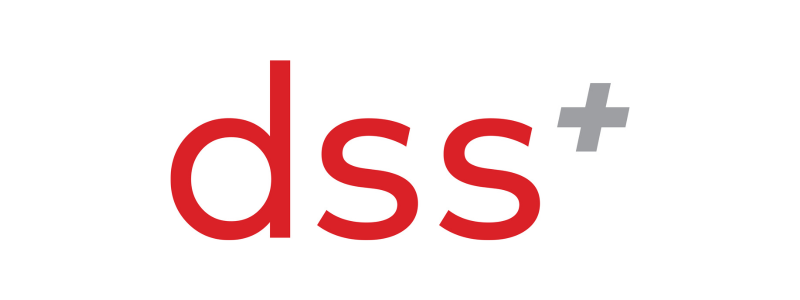
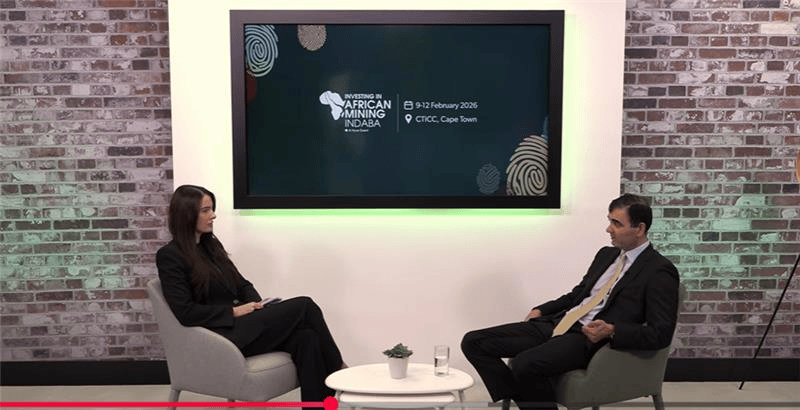
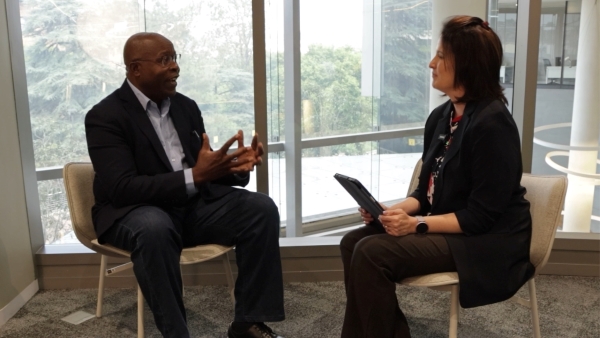

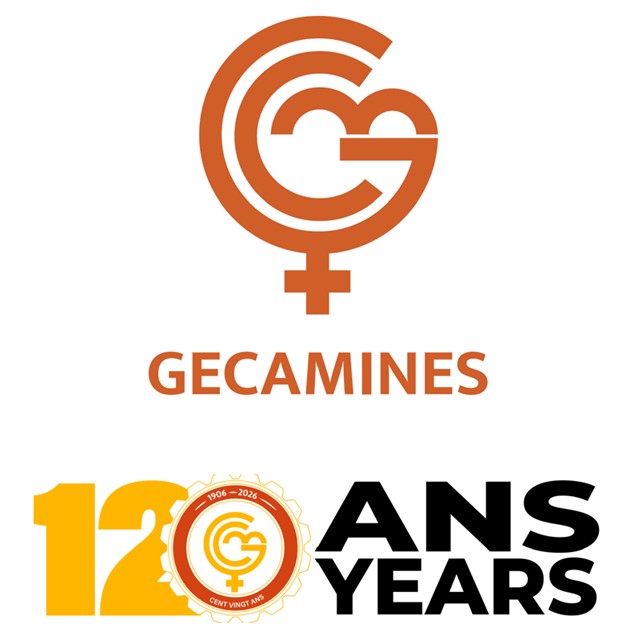
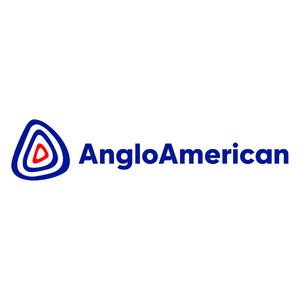
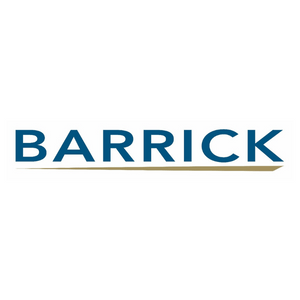
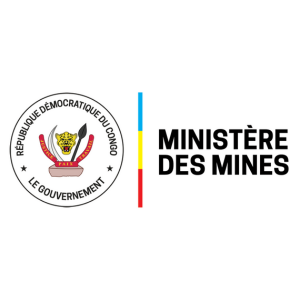
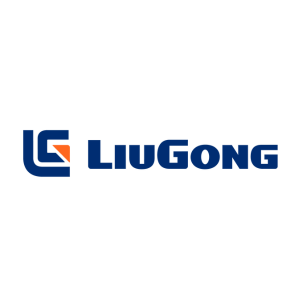
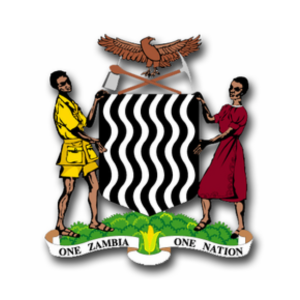

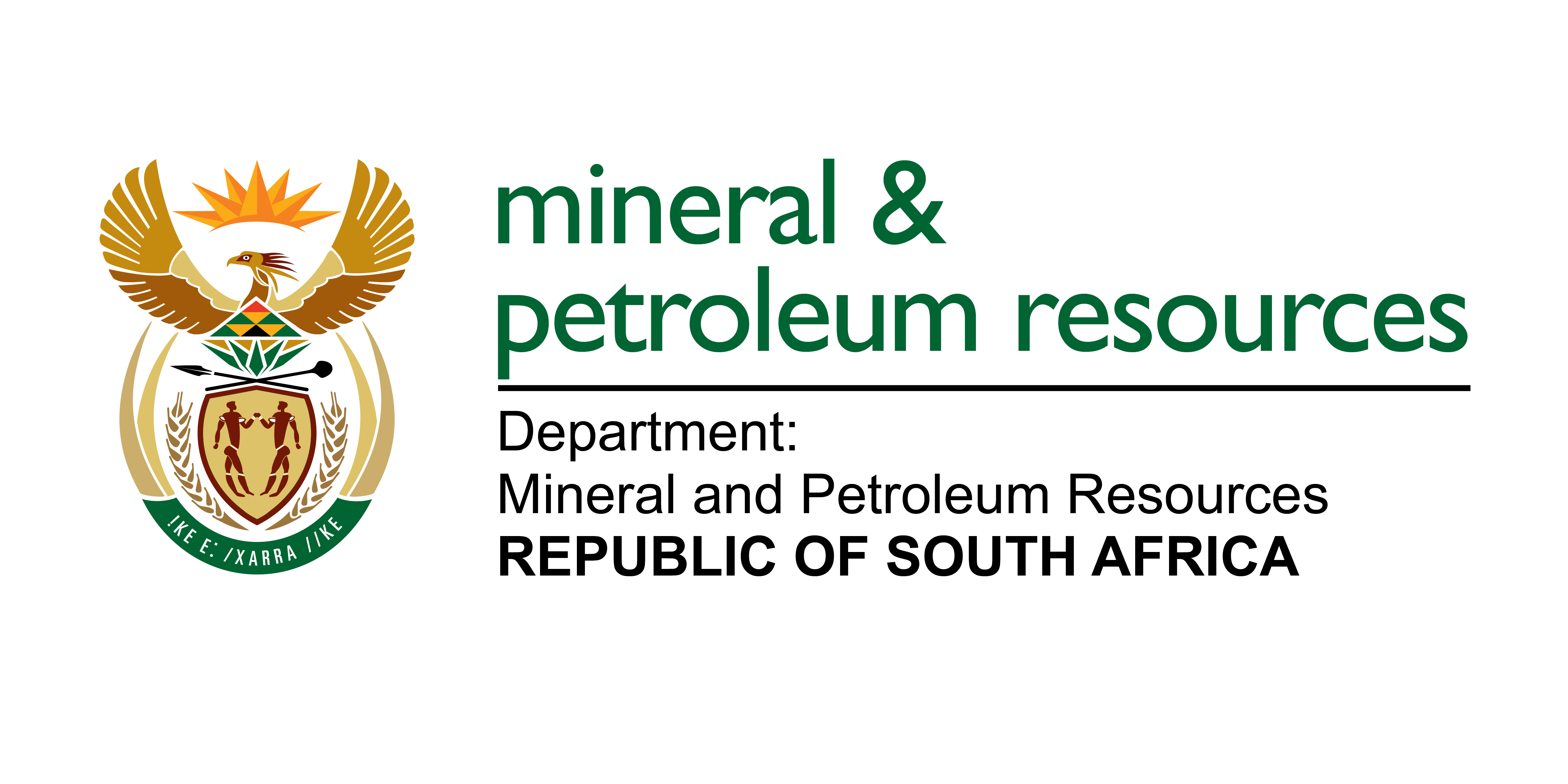-Logo_CMYK_1.jpg?width=1000&height=500&ext=.jpg)
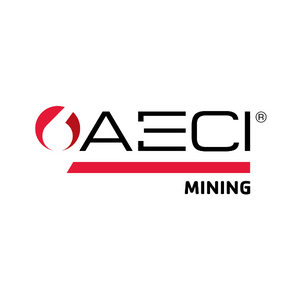


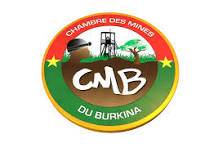
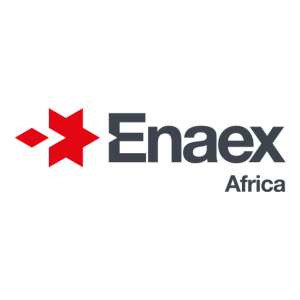


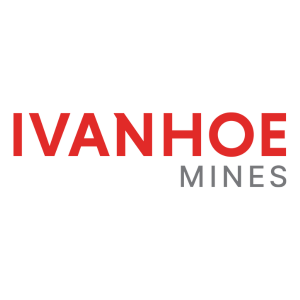
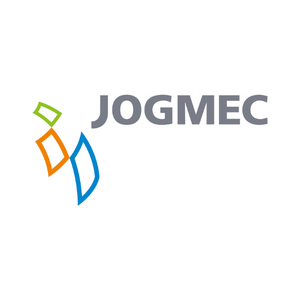

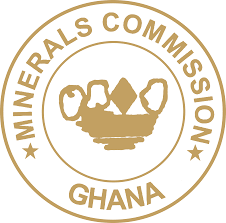
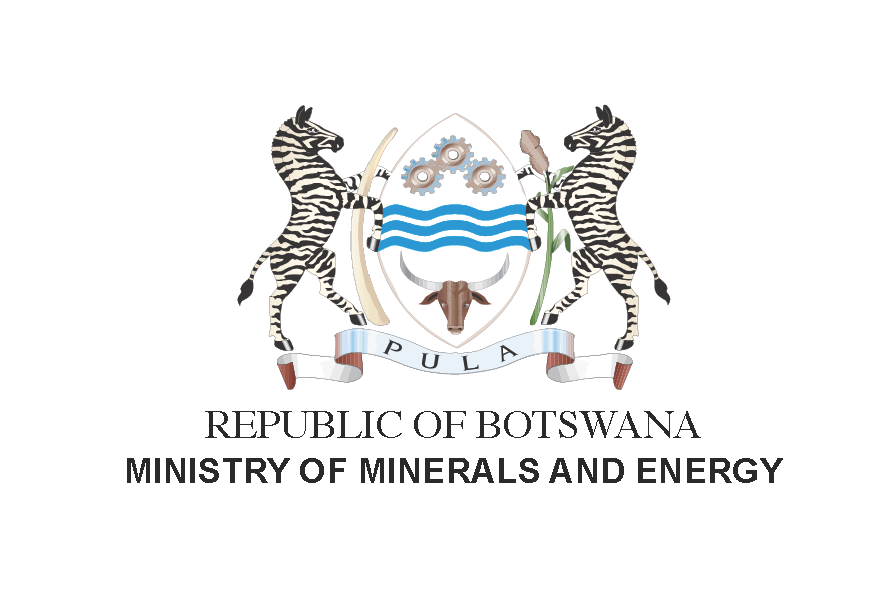.png?width=300&height=208&ext=.png)
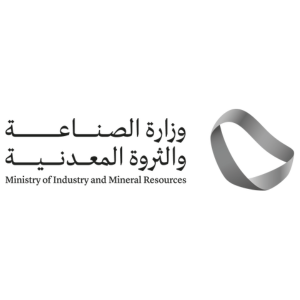
_mi25-weblogo.png?ext=.png)
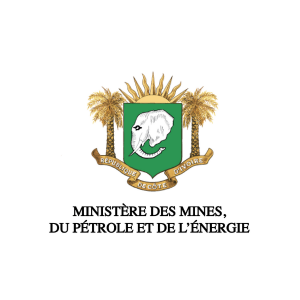
_1.png?ext=.png)
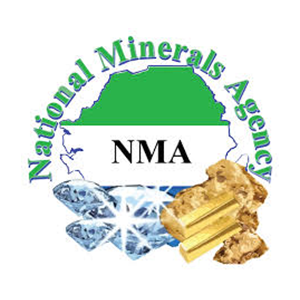

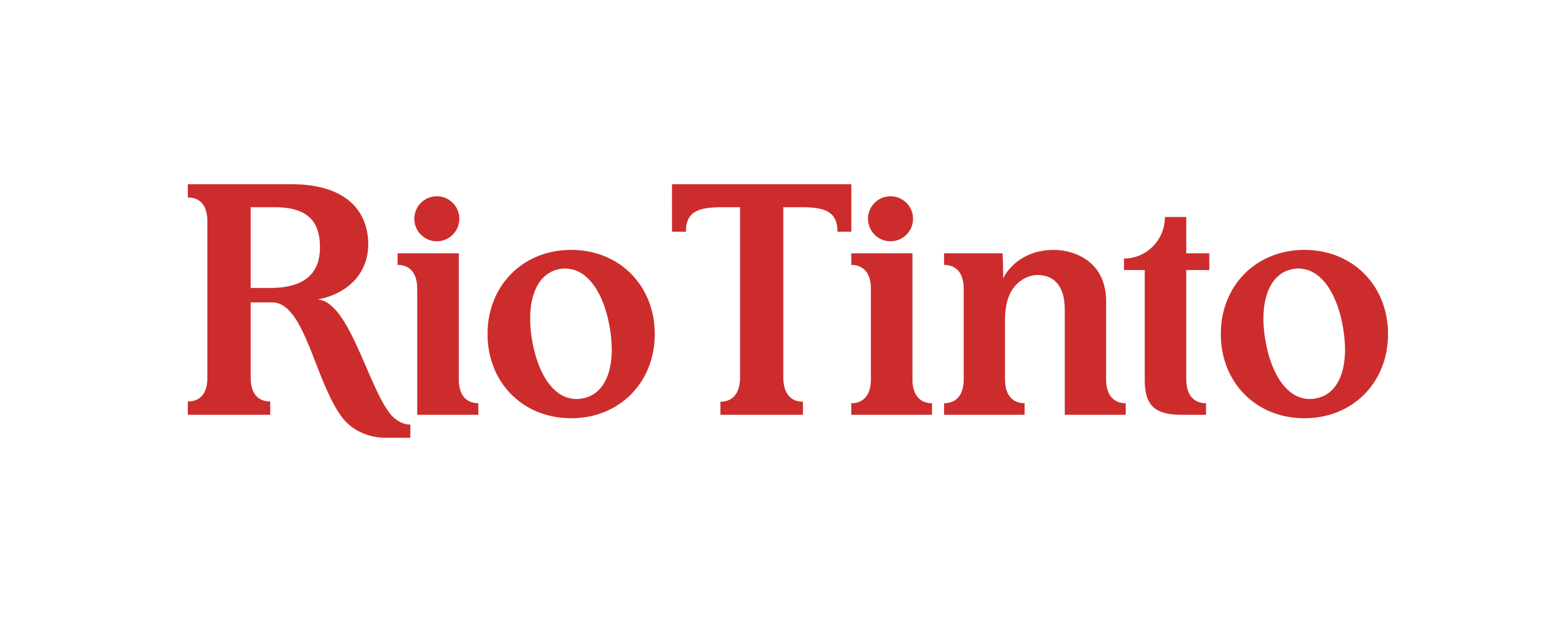


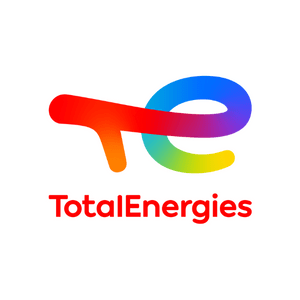
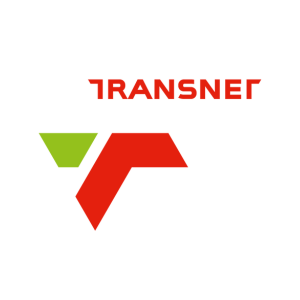


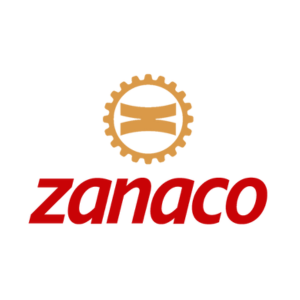


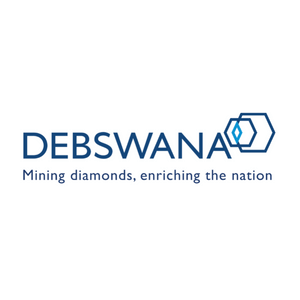



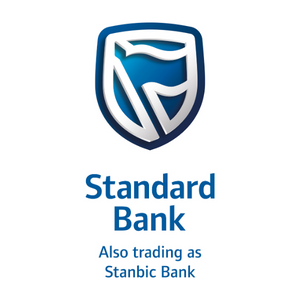


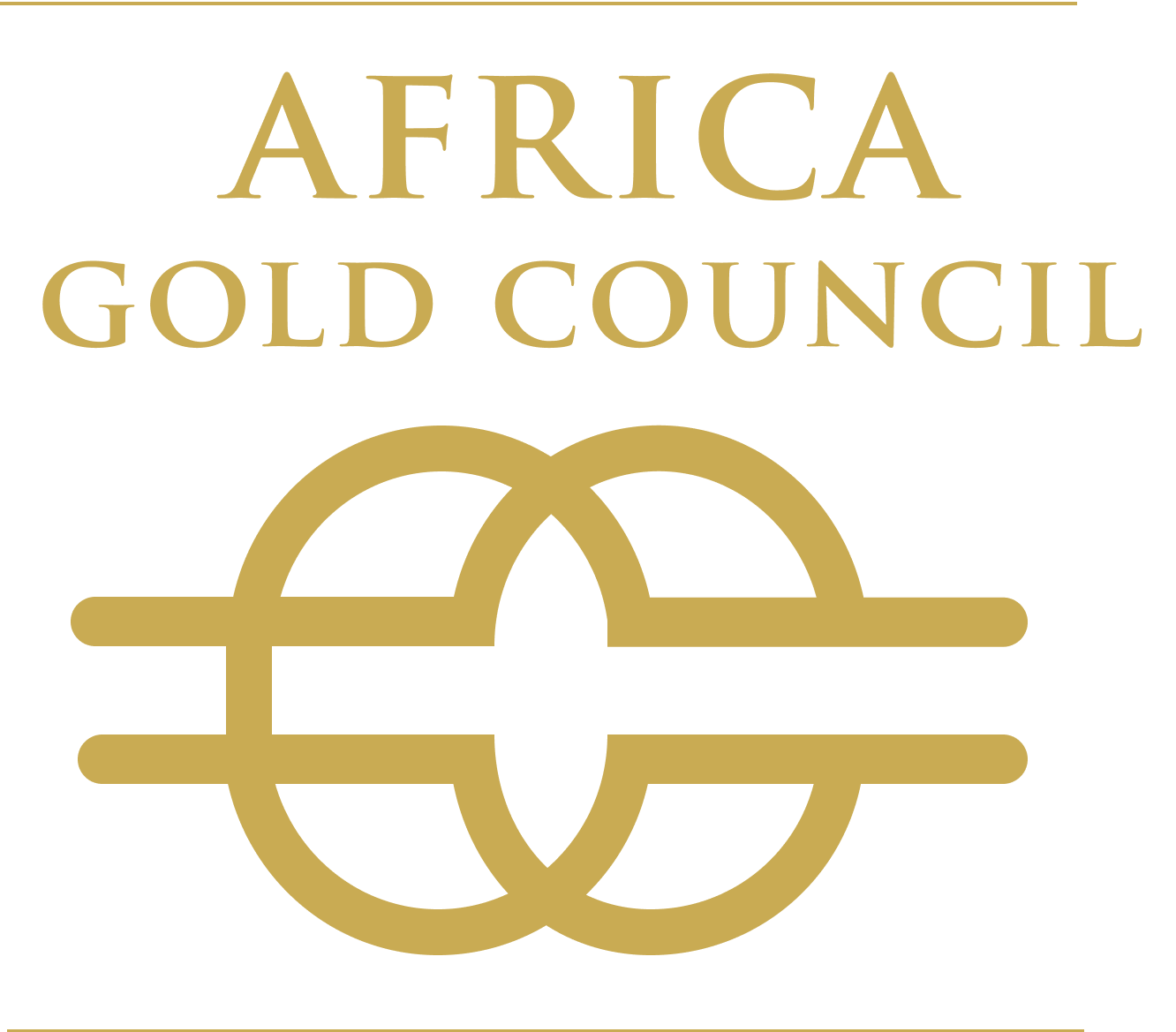
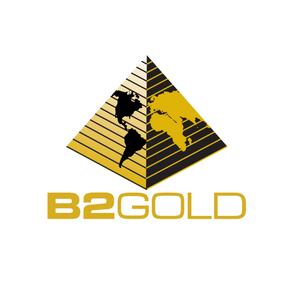
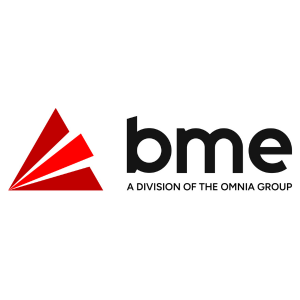


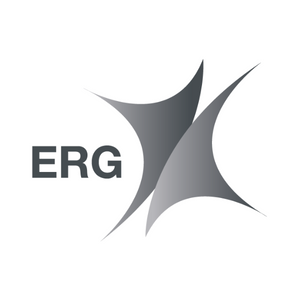








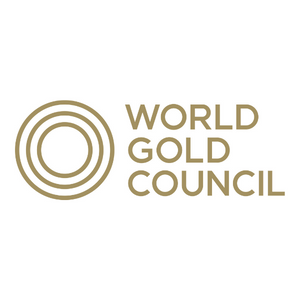
_logo.png?ext=.png)


_mi25-weblogo.png?ext=.png)


